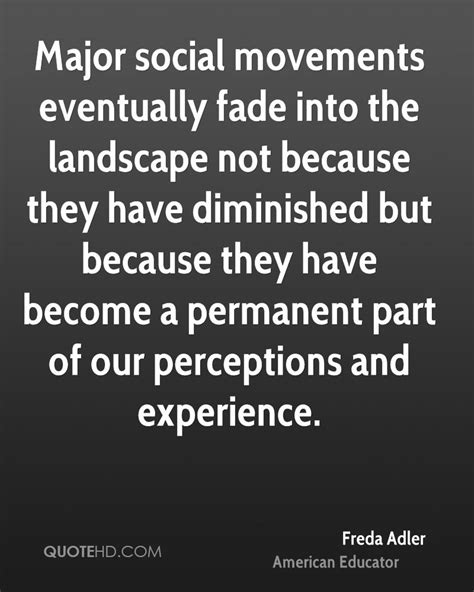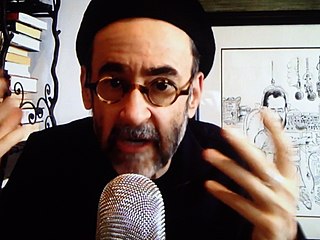A Quote by Sri Aurobindo
The whole world yearns after freedom, yet each creature is in love with his chains; this is the first paradox and inextricable knot of our nature.
Related Quotes
At first, man was enslaved by the gods. But he broke their chains. Then he was enslaved by the kings. But he broke their chains. He was enslaved by his birth, by his kin, by his race. But he broke their chains. He declared to all his brothers that a man has rights which neither god nor king nor other men can take away from him, no matter what their number, for his is the right of man, and there is no right on earth above this right. And he stood on the threshold of freedom for which the blood of the centuries behind him had been spilled.
One of the things in the Mary Shelley [Frankenstein] is that the creature tells his story, so this begins with the creature's point of view. So, it literally starts with the creature opening his eyes and is born - but is obviously in his 30s. But because they're the creator and the created we thought it would be really interesting if they could look at each other every other night and play each other's roles.
I begin to love this little creature, and to anticipate his birth as a fresh twist to a knot which I do not wish to untie. Men are spoilt by frankness, I believe, yet I must tell you that I love you better than I supposed I did, when I promised to love you forever....I feel it thrilling through my frame, giving and promising pleasure.
Man... is an inextricable tangle of culture and biology. And not being simple, he is not simply good; he has... a kind of hell within him from which rise everlastingly the impulses which threaten his civilization. He has the faculty of imagining for himself more in the way of pleasure and satisfaction than he can possibly achieve. Everything that he gains he pays for in more than equal coin; compromise and the compounding with defeat constitute his best way of getting through the world. His best qualities are the result of a struggle whose outcome is tragic. Yet he is a creature of love.
No matter how much one may love the world as a whole, one can live fully in it only by living responsibly in some small part of it. Where we live and who we live there with define the terms of our relationship to the world and to humanity. We thus come again to the paradox that one can become whole only by the responsible acceptance of one's partiality.







































